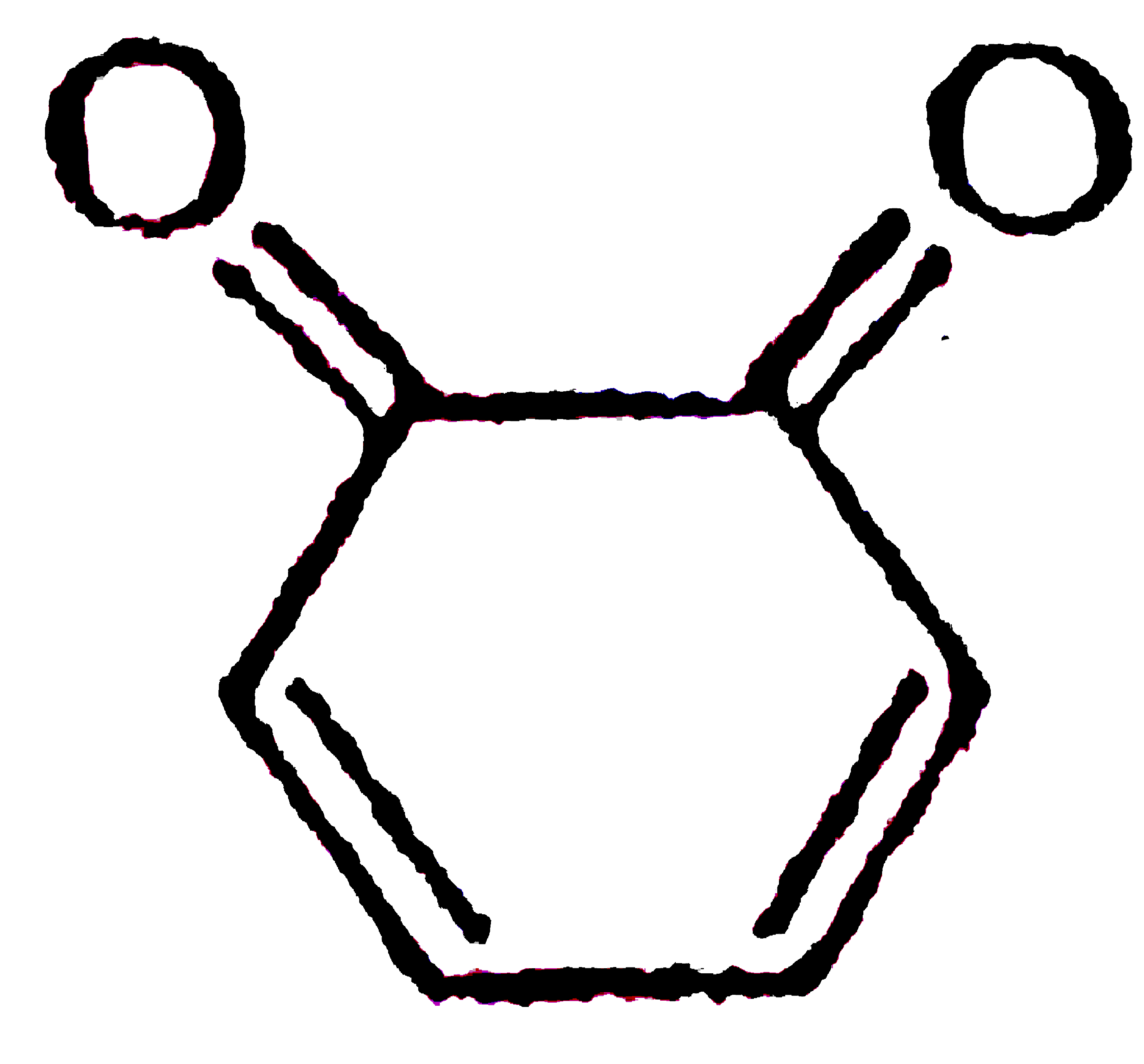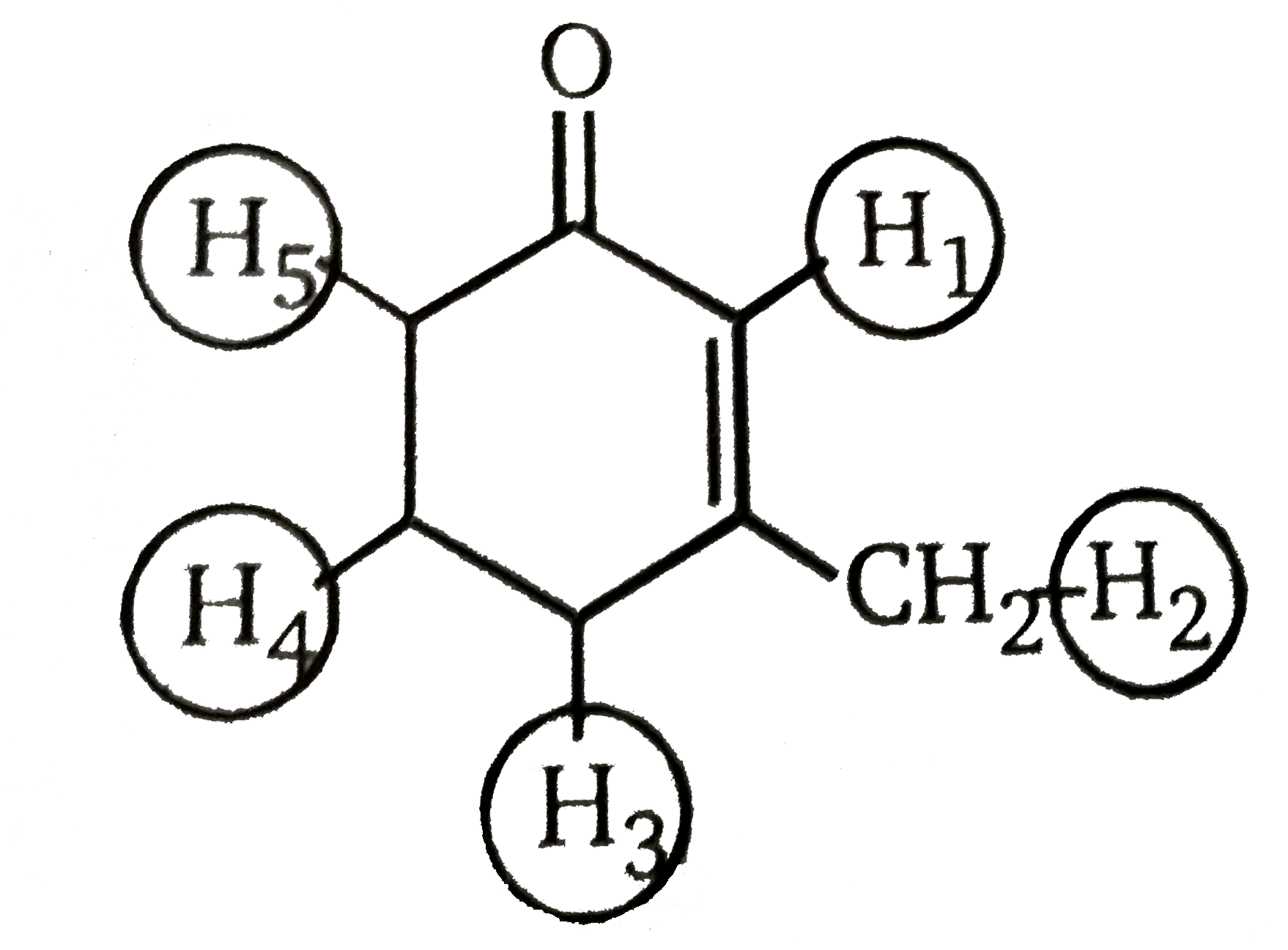In which compund D− exchange is possible in presence of OD−/D2O ?
CH3−O∣∣C−Ph
CH2=CH−O∣∣C−Ph

CH3−Cl∣C∣ C2H5−CH=CH−CHO
The correct Answer is:1
CH3−O∣∣C−PhOD−/D2O⇐====⇒CH2=OD∣C−Ph⇔CH2D−O∣∣C−Ph(D-exchange)
Topper's Solved these Questions
Similar Questions
Match List-I (Compounds ) with their most appropriate mechanism (List-II).
Column IColumn II(A)CH3−C∣ClH−CH2−CH=OOH−−−→Δ(p)E2(B)CH3−CH2−IOH−−−→(q)E1cB(C)Me−Me∣C∣Me−ClCH3ONa−−−−−→Δ(r)SN2(D)CH3−CH2−CH2−O−PhConc.HI−−−−−→(s)Intermediate carbanion(t)D-exchange in presence ofOD−/D2O
View SolutionProvide an example indicating which of the hydrogen(s) would be exchanged for deuterium following base treatment I D2O.
View Solution
Knowledge Check
D2O is
Aoxide of deuteriumBisotope of hydrogenCwater at 4°CDwater at high densityD-exchange is observed in :
AE1BE2CE1cBDnone of theseBolling point of D2O is
A100∘ CB105.5∘CC101.4∘CD102.6∘C
Provide an example indicating which of the hydrogen(s) would be exchanged for deuterium following base treatment I D2O.
View SolutionAssertion , d5 configuration is more stable than d4
Reason : d5 has more exchange energy as compared to d4 because 10 & 6 exchanges are possible in d5&d4 respectively.
View SolutionIn 3-methyl2-cyclohexenone which hydrogen cannot undergo deuterium exchange when it reacts with CH3Oɵ/CH3OD ?

View SolutionWhich is true statement about D2O and H2O ?
View SolutionWhich of the following halogen-exchanged reaction is possible ?
View Solution
